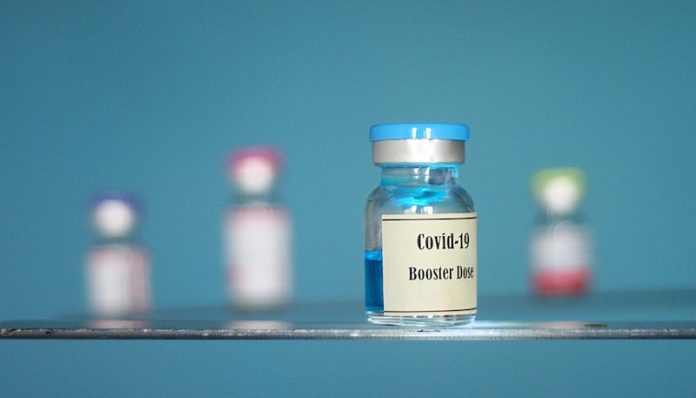
Scientists from the Sheba Medical Center found that the fourth dose of mRNA COVID-19 vaccines offers little benefit to younger and healthy adults.
They tested 270 health care workers who received a second booster shot of either the Pfizer or Moderna vaccines, four months after initially getting three Pfizer shots.
These people were compared with a control group that had received only three doses of Pfizer.
The researchers found the fourth shot was safe and topped up recipients’ neutralizing antibodies—which block the coronavirus from infecting cells—to levels comparable to just after the third dose, prior to when antibody levels started waning with time.
But they also found that the fourth dose didn’t confer much-added protection against infection, despite the reduction over time of antibodies among people who’d received just three shots.
People who got the fourth shot of Pfizer were 30 percent less likely to acquire infection than those who got three doses, while those who got Moderna were 18 percent less likely to get infected.
The team also showed that vaccine protection against symptomatic infection was slightly better for younger adults who got the fourth jab—43 percent for Pfizer and 31 percent for Moderna—compared to people who received three shots.
These findings suggest that the advantages of three doses of a vaccine designed against the original strain of coronavirus had hit a ceiling in terms of the immune response.
Additional boosters may only restore waned immunity, rather than take it to new heights.
Ongoing research is being conducted to determine why this variant is more transmissible from one individual to the next and to analyze the long-term effectiveness of a booster dose.
The study is published in the New England Journal of Medicine and was conducted by Gili Regev-Yochay et al.
Copyright © 2022 Knowridge Science Report. All rights reserved.



